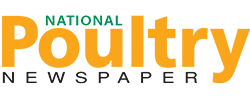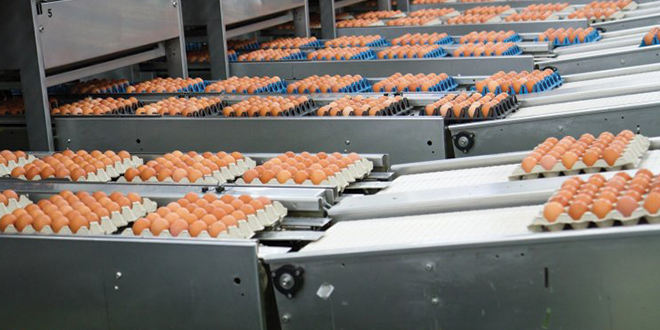THE Australian egg industry has worked closely with authorities to respond to the recent series of salmonella enteritidis incidents.
SE has been detected on 11 egg farms in NSW and one in Victoria and all sites have been quarantined and undergone decontamination. Australian Eggs managing director Rowan McMonnies said the efforts of government authorities and industry have been critical in stabilising the situation. “An intensive tracing and testing process has been conducted by government authorities since late-2018,” Mr McMonnies said.
“This process has ensured that when SE has emerged it has been caught early and the public and broader industry were protected. “All the contaminated sites have been detected through this process and they continue to be limited to a cluster of interconnected farms. “SE is a new and unique bacteria for us in Australia and responding to the threat has been a learning experience for both government and industry.
“Risks are driven by biosecurity practices and farm management and it is these issues that are the focus of our response.” Mr McMonnies said the discovery of SE in Australia has hit egg farmers hard and many of the contaminated farms have been unable to recover. “Having withstood a year of drought that doubled the cost of feed grain, egg farmers now face the cost of even higher biosecurity measures,” he said.
“Nonetheless, the egg industry remains committed to managing this new challenge to maintain the community’s confidence in eggs.” Basic safe food practices are the best way for consumers to protect against salmonella. This includes cooking eggs properly and washing hands and wiping surfaces to limit possible cross-contamination.
An update on the SE incidents is available on the Australian Eggs website at aus tralianeggs.org.au/what-we-do/health-and-disease

